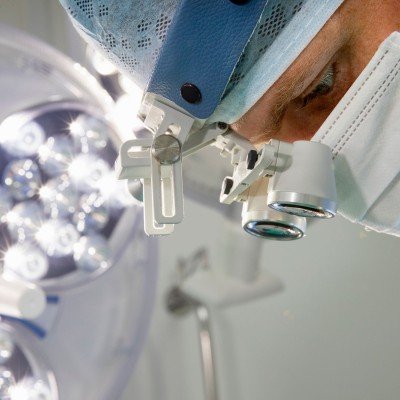Detecting cancers at an early stage is the best way to increase the chance of successful treatment.
This is the main aim of the breast and bowel cancer screening programmes. The aim of the cervical screening programme is to help prevent cervical cancers.
You can find links to information about the bowel cancer, breast cancer and cervical screening available on this web page, including links to information in Easy Read format.
We are committed to making reasonable adjustments to make sure everyone can access our services. Visit NHS England: reasonable adjustments to find out more.
NHS population screening: information for trans and non-binary people is available on www.gov.uk
Bowel cancer screening is offered to detect bowel cancer when it is at an early stage in people with no symptoms. This is when treatment is more likely to be effective.
Screening can also find polyps. These are abnormal clumps of cells in the bowel.
Polyps are not cancers but may develop into cancers over time. Polyps can be easily removed, which reduces the risk of bowel cancer developing.
- For more information and to order a replacement bowel cancer screening kit visit bowel cancer screening on www.nhs.uk
- You can also read more at NHS bowel cancer screening: helping you decide on www.gov.uk
- For information in different languages, please visit bowel cancer screening: benefits and risks on www.gov.uk
- An easy read document on bowel cancer screening is available on www.gov.uk
The NHS offers screening to save lives from breast cancer. Screening does this by finding breast cancers at an early stage when they are too small to see or feel. Screening does not prevent you from getting breast cancer.
If you have missed your breast screening appointment, contact your area to arrange another, for
Ashford, Canterbury, Dover, Shepway and Thanet visit East Kent Hospitals University NHS Foundation Trust: breast screening (mammogram)
Maidstone, Tunbridge Wells and surrounding boroughs visit Maidstone and Tunbridge Wells NHS Trust: breast care unit
Dartford, Gravesham, Medway, Swanley and Swale visit Medway NHS Foundation Trust: breast care unit
- For more information visit: Further help and support with breast screening on www.nhs.uk
- Further information is available at: NHS breast screening: helping you decide on www.gov.uk
- For information in different languages, please visit: Breast screening: helping women decide on www.gov.uk
- An easy read guide to breast screening is available in pdf format on gov.uk
NHS cervical screening helps prevent cervical cancer. It saves thousands of lives from cervical cancer each year in the UK.
In England, cervical screening currently prevents 70 per cent of cervical cancer deaths. If everyone eligible for screening attended screening regularly, 83 per cent could be prevented.
From 1 July 2025, individuals aged 25 to 49 who test negative for high-risk HPV will be invited for cervical screening every five years instead of every three.
This change reflects updated evidence showing that HPV-negative individuals are at very low risk of developing cervical cancer within that time.
- For more information and to contact your local services visit: Cervical screening on www.nhs.uk
- Further information is available at: Cervical screening: helping you decide and Cervical screening: support for people who find it hard to attend both on www.gov.uk
- For information in different languages, please visit: Cervical screening: leaflet for women considering screening on www.gov.uk
- An easy guide to cervical screening is available on www.gov.uk



